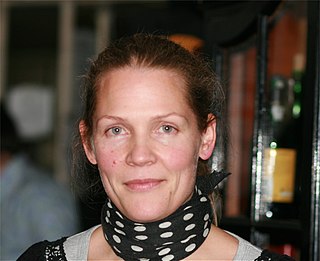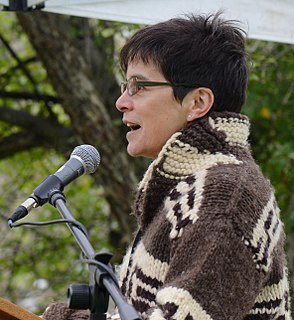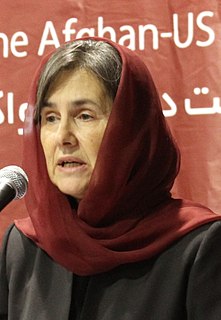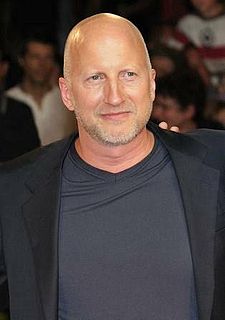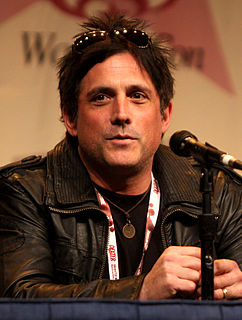A Quote by Khaled Hosseini
Family is so central to Afghan life that all Afghan stories are family stories. Family is something I simply can't resist because all the great themes of human life - duty, grief, sacrifice, love, envy - you find all those things within families.
Related Quotes
The desire for story is very, very deep in human beings. We are the only creature in the world that does this; we are the only creature that tells stories, and sometimes those are true stories and sometimes those are made up stories. Then there are the larger stories, the grand narratives that we live in, which are things like nation and family and clan and so on. Those stories are considered to be treated reverentially. They need to be part of the way in which we conduct the discourse of our lives and to prevent people from doing something very damaging to human nature.
We are shaped by stories from the first moments of life, and even before. Stories tell us who we are, why we are here, and what will become of us. Whenever humans try to make sense of their experience, they create a story, and we use those stories to answer all the big questions of life. The stories come from everywhere--from family, church, school, and the culture at large. They so surround and inhabit us that we often don't recognize that they are stories at all, breathing them in and out as a fish breathes water.
I don't think I've ever signed onto anything as quickly as I did The Hollars, because I come from a really loving, well-connected family, where we see each other all the time. And when I was done with this script, I was like, "Oh my god, that's my family!" This is obviously a very dysfunctional family, but there was something about it that was sort of universal. And I think that in this day and age in today's world - there's a lot of drama out there. It's nice to tell stories about things as simple and powerful as family.
It is within the family that children learn the values that will guide them for the rest of their lives. It is within the family that they form their earliest relationships, learn to communicate with others and interact with the world around them. It is within the family that the notion of human rights becomes a reality lived on a daily basis. If tolerance, respect and equity permeate family life, they will translate into values that shape societies, nations and the world.
Life is painful sometimes. It touches everyone, so you may as well try to look for other answers and find peace. So, it is difficult to write those types of things because nobody wants to tell sad stories. I think that I'll always tell stories about human hope. I would love to be able to tell somebody, "It's okay. It's all right. Be a good person." That's what my job is, in life.

